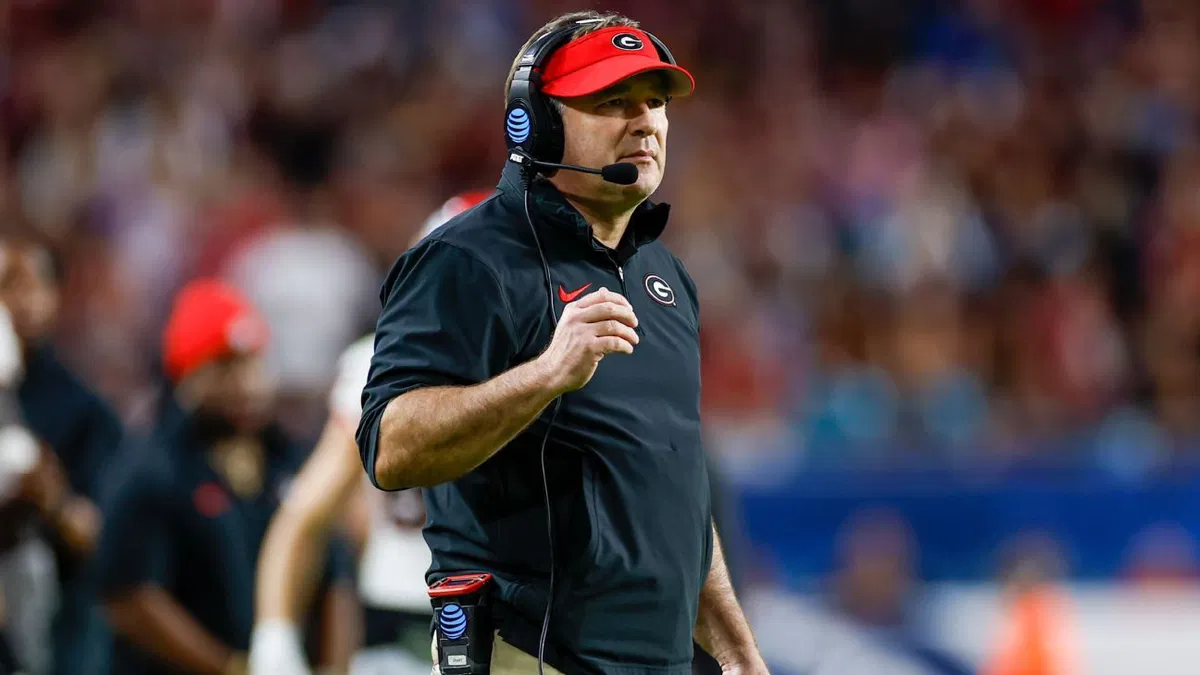
The FDA’s guidance on who needs the COVID-19 booster shot has changed, but many insurers will still be covering the costs for enrollees – at least through the end of the year.
America’s Health Insurance Plans, the largest U.S. health insurance association, said Tuesday that its members will continue to cover vaccines with no cost-sharing for patients, following recommendations issued by the CDC’s vaccine advisory committee as of September 1.
Late last month, the FDA dramatically altered its approval for the COVID vaccines, clearing the shots only for people who are 65 and older or who have underlying health conditions. Those changes sowed confusion among people seeking the shot and could make it more difficult to obtain in the future.
“Health plans are committed to maintaining and ensuring affordable access to vaccines,” the group wrote in a press release.”… While health plans continue to operate in an environment shaped by federal and state laws, as well as program and customer requirements, the evidence-based approach to coverage of immunizations will remain consistent.”
Subscribe to the Daily newsletter.Fast Company’s trending stories delivered to you every day
Privacy Policy
|
Fast Company Newsletters
The statement from the trade group, also known as AHIP, is notable due to the massive number of Americans covered by its member companies. They include Aetna, Elevance, Kaiser Permanente, Cigna, CVS Health, Centene and many Blue Cross/Blue Shield state providers. The group’s full member list is available on its website and illuminates which insurance providers say they will cover recommended vaccines through the end of the year.
AHIP’s members account for coverage of more than 200 million Americans, though the country’s largest insurer, UnitedHealth, left the association in 2015. According to the insurer’s website, “most UnitedHealthcare plans include COVID-19 vaccines at no additional cost” but patients could be responsible for a co-pay if receiving a vaccine during an office visit. Fast Company reached out to UnitedHealth about its COVID-19 vaccine coverage and will update this story when we receive a response.
A vaccine advisory panel is the center of controversy
The health insurance association’s announcement comes during a week of health policy unpredictability. On Monday, the federal government announced that five new members selected by Health and Human Services Secretary Robert F. Kennedy Jr. would be added to the CDC advisory panel that sets national recommendations for vaccines. The Advisory Committee on Immunization Practices, also known as ACIP, has been a particular nexus of concern in light of Kennedy’s history of sowing vaccine skepticism and spreading anti-vaccine misinformation.
“ACIP safeguards the health of Americans by issuing objective, evidence-based vaccine recommendations,” Kennedy said in a press release on Monday. “Its new members bring diverse expertise that strengthens the committee and ensures it fulfills its mission with transparency, independence, and gold-standard science.”
Kennedy has moved quickly to reshape the committee, firing all of its previous members in June and accusing the group of “corruption” that necessitated what he called a “clean sweep.”
“Over the coming days, I will use this platform to announce new members to populate ACIP,” Kennedy wrote on X in June, claiming that none of the new members would be “ideological anti-vaxxers.” “We should care as much about every child who could be injured by one of these products as we do every child who could be injured by an infectious disease,” Kennedy wrote, referencing a common anti-vaccine talking point.
advertisement
Kennedy’s remade advisory panel, which includes vaccine skeptics and members with no prior vaccine expertise, meets late this week and may vote on recommendations for the hepatitis B vaccine, COVID-19 shots and the childhood vaccine schedule. The panel is expected to delay the hepatitis B vaccine given to newborns until age 4, according to former CDC officials. The ACIP vote could impact what vaccines are covered for Americans next year.
Former CDC Director Susan Monarez testified in the Senate Wednesday, issuing grave warnings about Kennedy’s influence on U.S. health policy. Kennedy ousted Monarez last month after she declined to fire CDC leadership and refused to greenlight the remade panel’s changes to U.S. vaccine recommendations.
“Given what I have seen that we continue down this path, we are not prepared — not just for pandemics, but for preventing chronic health disease, and we’re going to see kids dying of vaccine preventable diseases,” Monarez said.



